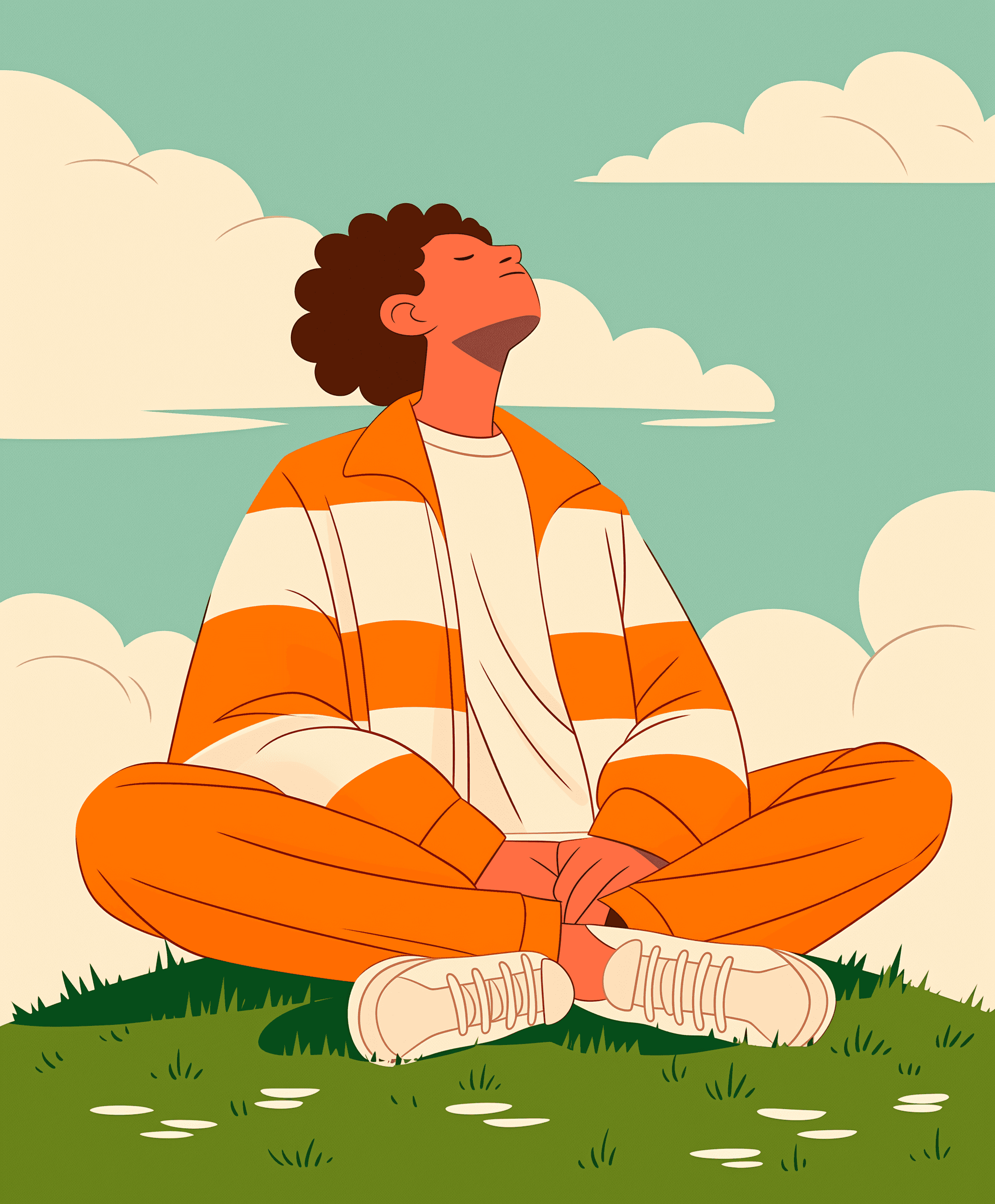Nov 22, 2024
Art and Social Impact
The Healing Power of Art: How Art Contributes to Mental Well-being
Art has always been an essential part of human expression and creativity, but beyond its visual appeal, art holds profound therapeutic potential. The connection between art and mental health has been recognized for centuries, and today, it is being explored more than ever as a tool for emotional healing and self-expression.
Art as a Form of Emotional Release
Creating or experiencing art can be a deeply emotional experience. Whether it’s painting, drawing, sculpting, or even digital art, the act of creating can provide a safe space to express complex emotions that are hard to verbalize. For many, the process of art-making becomes a form of emotional release, offering a therapeutic outlet to cope with feelings of anxiety, depression, or stress.
Art as a Meditation Tool
For those seeking mindfulness, art can serve as a form of meditation. Engaging in the repetitive, focused tasks of creating art allows individuals to shift their focus from stressful thoughts, grounding them in the present moment. This practice can be incredibly calming, similar to meditation or yoga, and often leads to a sense of inner peace and relaxation.
Art as a Reflection of Self
Art provides a mirror to one’s inner world. Through self-portraiture, abstract expression, or any form of visual language, individuals can reflect on their thoughts and experiences. This reflective process can offer a new perspective on personal struggles and challenges, leading to greater self-awareness and emotional healing.
Art Therapy: A Professional Approach
Art therapy is a growing field that uses art creation and expression as a therapeutic method under the guidance of a trained therapist. Studies have shown that art therapy can reduce symptoms of stress, improve mood, and foster a sense of accomplishment. It is particularly effective for those who struggle to express themselves verbally, providing a nonverbal way to communicate complex feelings.
The Community Impact of Art
The power of art extends beyond the individual. Community art programs and collaborative art projects can create supportive spaces for people to share experiences, connect with others, and build resilience. Art fosters a sense of belonging and community, allowing people to heal together in a collective, non-judgmental environment.
How You Can Use Art to Improve Your Mental Health
Start with Simple Sketching: You don’t need to be a professional artist to experience the benefits. Grab a sketchbook and doodle freely—don’t worry about the final product.
Explore Abstract Expression: Use color, shape, and texture to express emotions. Let go of expectations and allow your emotions to guide you through the process.
Join an Art Community: Find like-minded individuals who share your passion for art. Being part of a community can provide support, inspiration, and a sense of connection.
Conclusion
In a world where mental health challenges are becoming more prevalent, art offers a unique and accessible way to promote emotional well-being. Whether as a personal practice or a communal activity, art allows individuals to express themselves, heal, and grow. At 12 Brass Street, we believe in the transformative power of creativity, and we are committed to providing spaces for art to flourish—not just as an aesthetic experience, but as a tool for personal and collective healing.
Visit our blog for more insights on the intersection of art and well-being, and discover how art can enrich your life in meaningful ways.
If you found this post helpful, subscribe to our blog and stay up to date on the latest in art, culture, and community. We’re just getting started, and we want you along for the journey!



